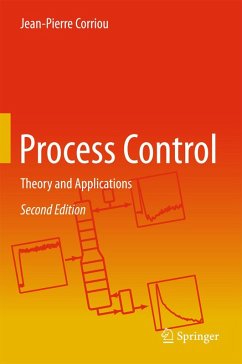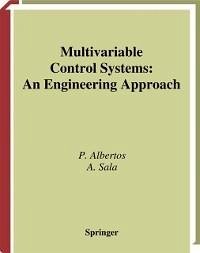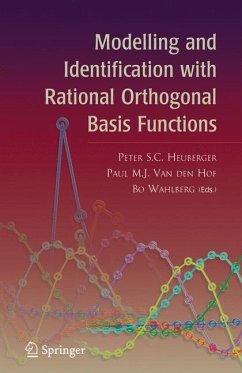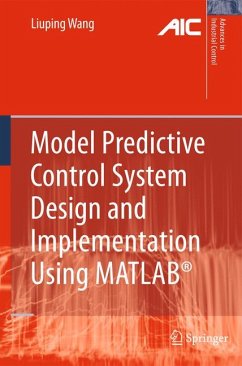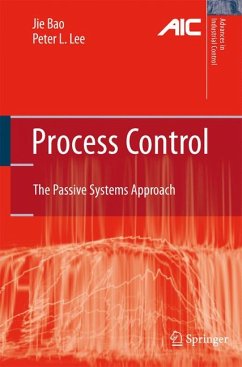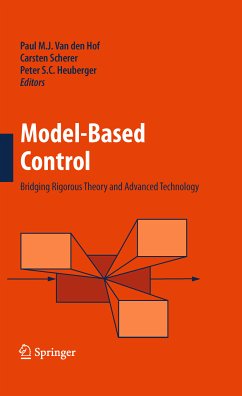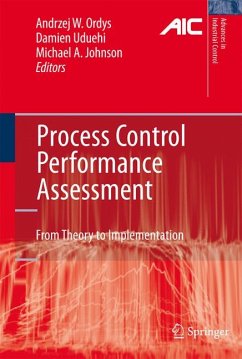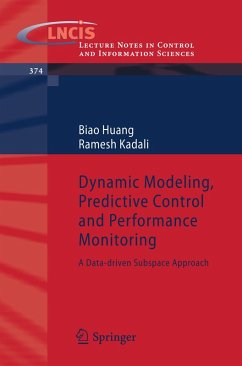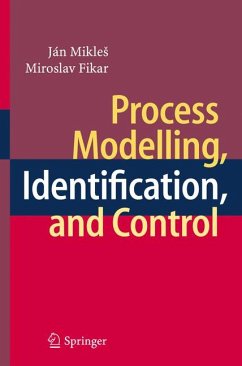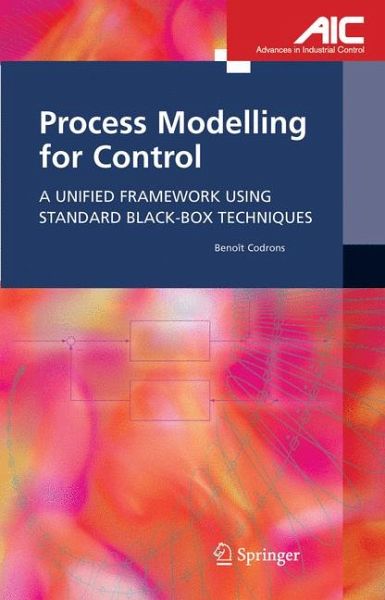
Process Modelling for Control (eBook, PDF)
A Unified Framework Using Standard Black-box Techniques
Versandkostenfrei!
Sofort per Download lieferbar
112,95 €
inkl. MwSt.
Weitere Ausgaben:

PAYBACK Punkte
56 °P sammeln!
Process Modelling for Control concentrates on the modelling steps underlying a successful control design, answering questions like:How should I carry out the identification of my process to obtain a good model? How can I assess the quality of a model before to using it in control design? How can I ensure that a controller will stabilise a real process well enough before implementation? What is the most efficient method of order reduction to simplify the implementation of high-order controllers?System identification, model/controller validation and order reduction are studied in a common framew...
Process Modelling for Control concentrates on the modelling steps underlying a successful control design, answering questions like:
How should I carry out the identification of my process to obtain a good model? How can I assess the quality of a model before to using it in control design? How can I ensure that a controller will stabilise a real process well enough before implementation? What is the most efficient method of order reduction to simplify the implementation of high-order controllers?
System identification, model/controller validation and order reduction are studied in a common framework. Detailed worked examples, representative of various industrial applications, are given.
This monograph uses mathematics convenient to researchers interested in real applications and to practising engineers interested in control theory. It enables control engineers to improve their methods and provides academics and graduate students with an all-round view of recent results in modelling for control.
How should I carry out the identification of my process to obtain a good model? How can I assess the quality of a model before to using it in control design? How can I ensure that a controller will stabilise a real process well enough before implementation? What is the most efficient method of order reduction to simplify the implementation of high-order controllers?
System identification, model/controller validation and order reduction are studied in a common framework. Detailed worked examples, representative of various industrial applications, are given.
This monograph uses mathematics convenient to researchers interested in real applications and to practising engineers interested in control theory. It enables control engineers to improve their methods and provides academics and graduate students with an all-round view of recent results in modelling for control.
Dieser Download kann aus rechtlichen Gründen nur mit Rechnungsadresse in A, B, BG, CY, CZ, D, DK, EW, E, FIN, F, GR, HR, H, IRL, I, LT, L, LR, M, NL, PL, P, R, S, SLO, SK ausgeliefert werden.




